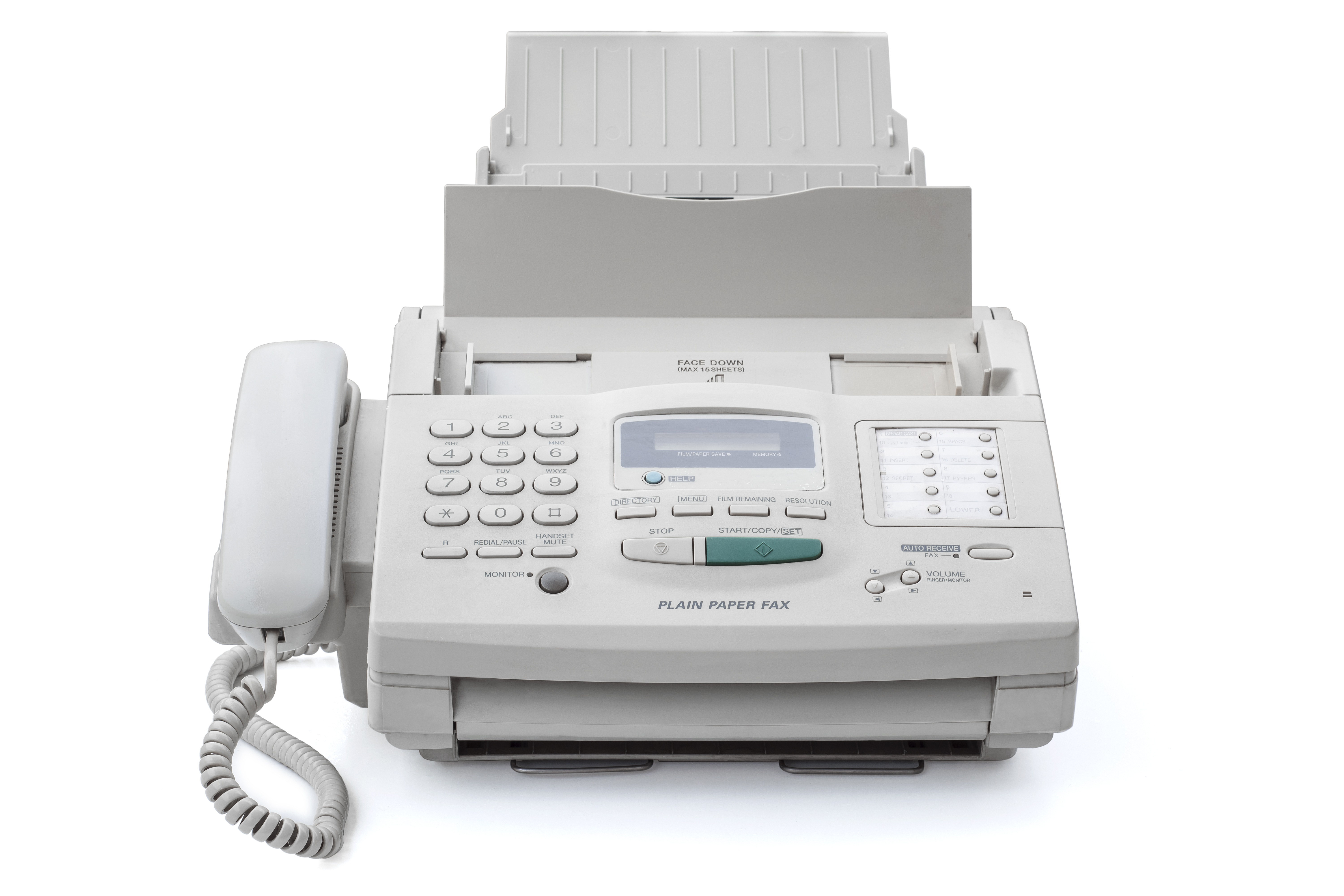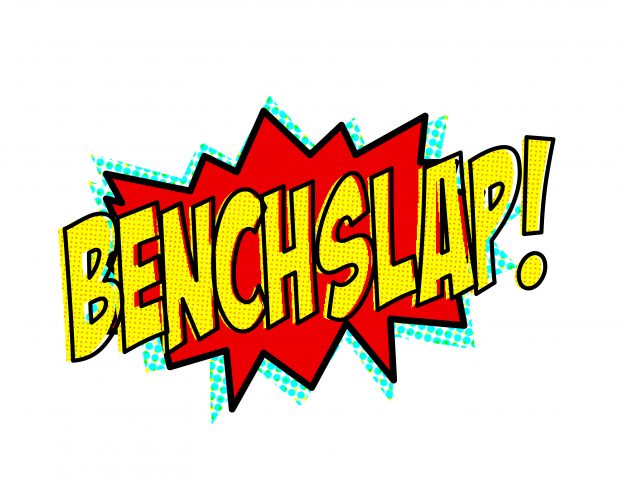
A
few
years
ago,
I
wrote
an
article
about
how
fax
numbers
are
still
an
important
tool
in
the
legal
industry
in
some
contexts.
Indeed,
some
legal
professionals
cling
to
faxes
even
though
email
seems
like
a
more
preferable
method
of
communication,
likely
owing
to
habit
and
the
fact
that
fax
might
leave
less
of
a
digital
footprint
than
email.
Although
fax
was
seen
as
a
technology
of
the
future
in
Back
to
the
Future
II,
fax
has
been
an
outdated
communication
method
for
years.
Legal
professionals
should
take
a
hard
look
into
whether
they
really
need
to
cling
to
this
past
technology
or
embrace
more
modern
methods
of
communication.
Earlier
this
year,
I
appeared
in
a
court
with
which
I
had
no
experience. I
needed
to
request
some
records
so
I
called
the
clerk
of
this
court
to
inquire
as
to
how
the
records
could
be
transmitted
to
my
office. The
clerk
informed
me
that
the
court
only
mailed
records
or
faxed
records
to
parties
seeking
such
documents. I
inquired
about
whether
the
court
could
send
records
by
email
and
was
told
that
fax
was
the
only
option
unless
I
wanted
to
wait
for
the
clerk
to
mail
the
records
to
me.
This
turned
out
to
be
a
difficult
process.
Although
I
maintained
a
fax
number
for
years
for
the
once-in-a-year
time
I
needed
to
receive
documents
by
fax,
I
found
out
that
my
fax
number
had
—
unbeknownst
to
me
—
been
disabled
months
ago.
I
then
called
around
to
some
law
firms
and
other
outlets
that
might
have
a
fax
number
and
which
might
be
willing
to
receive
the
fax
and
send
me
the
documents
by
email. Even
after
I
had
a
reliable
fax
number
lined
up,
the
fax
from
the
clerk
never
arrived,
either
due
to
an
error
on
the
clerk’s
end
or
an
error
by
the
outlet
that
was
helping
me.
Faxes
pose
numerous
problems
that
email
just
doesn’t
have. Perhaps
most
critically,
faxes
are
far
less
reliable
than
email. There
are
frequent
issues
with
faxes
either
because
of
user
error,
busy
signals,
not
enough
ink
in
the
receiving
fax
machine,
or
because
fax
numbers
have
been
disabled. Some
fax
numbers
are
configured
in
such
a
way
that
they
just
email
a
copy
of
the
fax
to
an
email
address
on
file,
and
this
is
better
than
a
fax
machine
printing
something
out. However,
it
would
be
far
easier
for
parties
to
simply
email
items
to
a
recipient
rather
than
rely
on
an
outdated
intermediary.
In
addition,
faxes
are
impractical
in
a
variety
of
contexts. Often,
fax
machines
have
page
limits. Quality
issues
with
the
images
that
are
sent
and
received
can
also
be
a
problem,
since
faxes
work
best
with
simple
black-and-white
documents.
Moreover,
fax
numbers
may
require
additional
subscriptions
or
upkeep
separate
from
an
email
address,
and
faxes
might
be
missed
if
a
party
does
not
maintain
their
fax
number
in
the
appropriate
way.
Many
technologies
within
the
legal
profession
have
become
obsolete
in
the
13
years
(so
far)
I
have
practiced
law.
I
remember
conducting
research
with
books,
which
is
very
rare
in
the
present,
and
I
remember
when
tape
recording
was
a
widespread
way
to
dictate
letters
and
other
documents
in
law
offices. When
I
was
a
summer
associate,
I
was
thrilled
to
get
a
BlackBerry,
and
I
felt
that
any
serious
legal
professional
should
have
one
to
be
connected
to
work
matters
at
all
times.
Fax
numbers
are
just
another
obsolete
technology
that
should
be
transitioned
out
of
the
legal
profession
in
favor
of
technology
that
is
undeniably
more
efficient.
Although
there
may
be
growing
pains
for
some,
the
legal
industry
should
modernize
and
part
ways
with
outdated
communications
technology.
Jordan
Rothman
is
a
partner
of The
Rothman
Law
Firm,
a
full-service
New
York
and
New
Jersey
law
firm.
He
is
also
the
founder
of Student
Debt
Diaries,
a
website
discussing
how
he
paid
off
his
student
loans.
You
can
reach
Jordan
through
email
at jordan@rothman.law.








